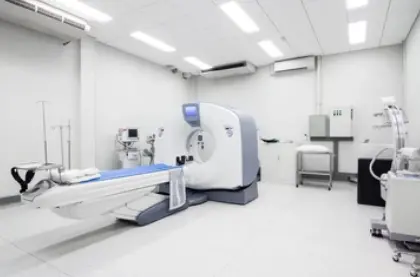 Welcome
Welcome
“May all be happy, may all be healed, may all be at peace and may no one ever suffer."
Hypertrophic cardiomyopathy - Generics
Hypertrophic cardiomyopathy (HCM) is a genetic condition that affects the heart muscle, causing it to thicken and stiffen. This can lead to problems with the heart's ability to pump blood and can also increase the risk of sudden cardiac arrest.
Some common symptoms of HCM include:
- Shortness of breath, especially during exercise or physical activity
- Chest pain or discomfort
- Fainting or dizziness, particularly during physical activity
- Heart palpitations, which may feel like a racing or fluttering heart
- Fatigue or weakness
Diagnosis of HCM typically involves a physical exam, medical history, and tests such as an electrocardiogram (ECG), echocardiogram, and/or cardiac MRI. Treatment options for HCM may include medications to manage symptoms, surgical procedures such as septal myectomy or alcohol septal ablation to reduce thickening of the heart muscle, or implantation of a cardioverter-defibrillator (ICD) to prevent sudden cardiac arrest.
It's important to note that HCM is a lifelong condition, and ongoing medical care and monitoring are necessary to manage symptoms and reduce the risk of complications. If you suspect you may have HCM or have been diagnosed with HCM, it's essential to consult with a healthcare professional for proper diagnosis and treatment.
Breast carcinoma

Type 1 DM

Rat-bite fever

Stress urinary incontinen...

Poison ivy

Leg cramps

Osteoarthritis (degenerat...

Diagnostic procedures
Hypertrophic cardiomyopathy, হাইপারট্রফিক কার্ডিওমায়োপ্যাথি
To be happy, beautiful, healthy, wealthy, hale and long-lived stay with DM3S.